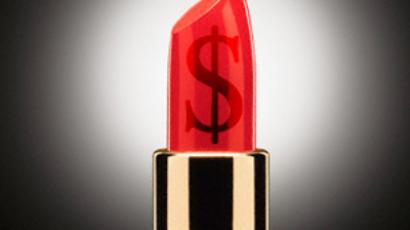Lessons of 1998 remain with the Russian economy
Monday marks the anniversary of the 1998 shock when Russia defaulted on its debt. The Rouble's devaluation then set the stage economic growth but this time around, Economists forecast years of slow growth for Russia.
The crisis of 1998 was homegrown with a large government deficit financed by short term loans. 10 years later Russia became a part of a global financial crisis – with slumping oil price and high corporate debt sinking Russia's economy.
After years of high oil prices the government had accumulated reserves and a welfare fund worth more than $600 Billion.
That provided enough money for the Government to recapitalise the big banks, bail out the biggest companies, and support the currency, according to Yaroslav Lissovolik, Chief economist at Deutsche Bank Russia.
“I think Russia learned the main lesson of 1998 – namely that it preserved the oil wealth that it is now using to combat the crisis. It's not enough to deal expeditiously with this crisis. However more should be done, more restructuring at the micro level.”
A decade ago. the rouble lost 2/3 of it's value overnight, but that allowed Russia's economy to resume growth within three months. Both the crisis – and the recovery – are already lasting much longer this time.
Claims made in the summer of 2008, that Russia was a "save haven" were clearly incorrect. The long time it took to recognise the depth of the crisis – may cost Russia's economy, but no one can say – how much.
Political slogans – that Russia could emerge stronger from the crisis – don't convince economists like Sergey Aleksashenko, Head of Macroeconomic Research at the Higher School of Economics.
“This crisis did not require Russian business to pay the full price for its mistakes. The system is not trying to punish businesses which made mistakes. Banks can't get back their money – it means there is no market discipline.”
Russia continues to see dire economic statistics. Some experts suggest the economy has reached bottom, but fewer dare to forecast recovery.
Almost everyone agrees that systemic changes and diversifying away from an oil based economy is essential. But with the price around $70 a barrel – much higher than needed for Russia's budget – there may not be the political will.













